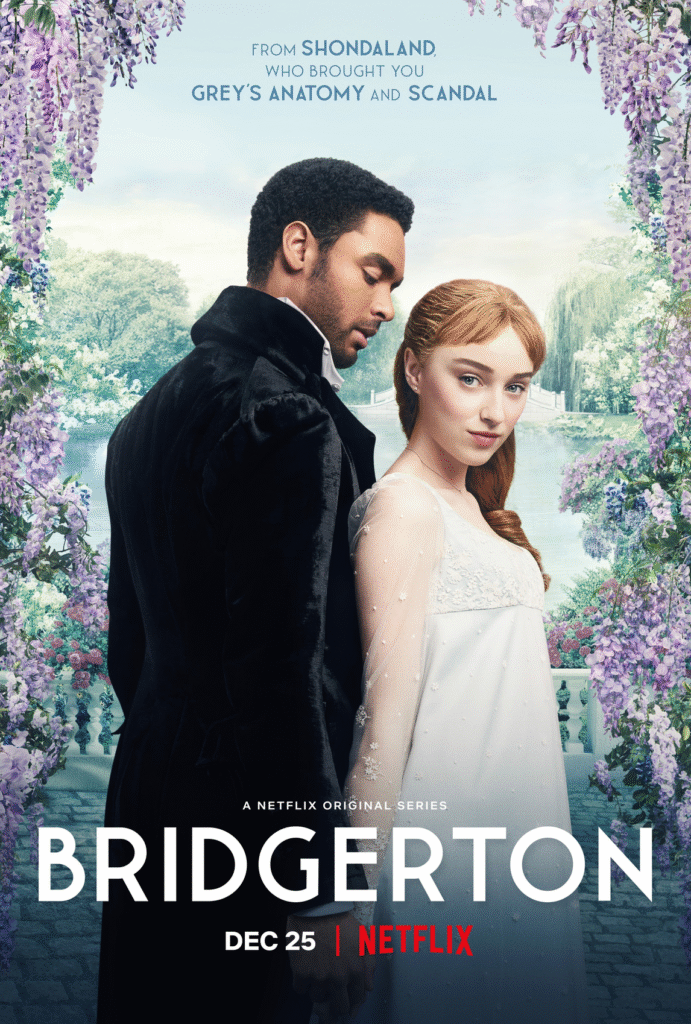
The Netflix original series ‘Bridgerton’ has been a cult favourite among the GenZ. The popularity of the show can be attributed to several reasons, including the scandalous plot, the vintage aesthetics, the intriguing mystery behind Lady Whistledown or even the orchestral versions of famous pop songs, the list is never-ending.
Enamoured by the show, two women Abigail Barlow and Emily Bear, began sharing their love for the show on TikTok by creating a series called The ‘Unofficial Bridgerton Musical’ featuring original music sung by the two fans.
The series, however, soon gained popularity earning the duo a lot of acclaim, as they gradually created more and more music, followed by an album featuring the orchestral version of their creations, eventually winning a Grammy Award for the title ‘best musical theatre album’ in April 2022.
However, the duo’s road to success was soon blocked by a lawsuit, as Netflix decided to sue the girls for a copyright infringement claim.
Netflix’s Claim
Netflix has filed a suit against the Barlow and Bear duo in the United States District Court for the District Court in Columbia, alleging the creators to have “taken valuable intellectual property from the Netflix original series Bridgerton to build an international brand for themselves.”
In their Complaint, Netflix accused the duo of infringing the show’s copyright by copying “dialogue, character traits, expressions and other elements from the Bridgerton series.” Netflix also emphasised that the duo continued to mislead the audience by into believing that they had been using the Bridgerton trademark “with permission” when the same was being heavily objected by the OTT platform.
Barlow and Bear had been staging live performances in Washington DC at Kennedy Center and had been further planning to hold their performance of “unauthorized derivative works” at Royal Albert Hall in London and promote their own line of Bridgerton-themed merchandise.
Netflix claimed that the duo’s action had long expanded beyond the scope of a “fan-fiction” and was a blatant infringement of their intellectual property rights.
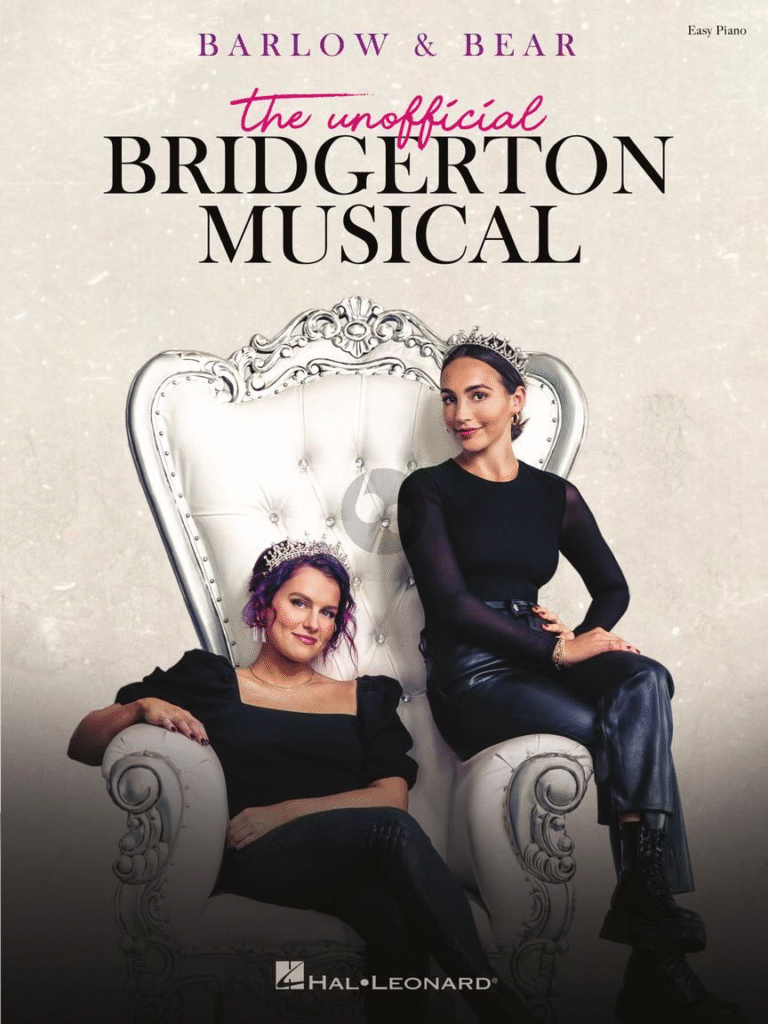
As a result, Netflix has filed a plaint with the District Court under 17 U.S. Code § 501 i.e. infringement of copyright and 15 U.S. Code § 1114 i.e. Remedies; infringement; innocent infringement by printers and publishers, as well as Section 43 of the Lanham Act, 15 U.S. Code § 1125 i.e. false designation of origin.
Netflix explained that the BRIDGERTON copyright and usage are not only linked to the original series but also “the Queen’s Ball: a Bridgerton Experience” which is an immersive, ticketed experience for the fans to enjoy and be a part of the show, available in 6 cities in the US and plans to develop abroad, as well as the Bridgerton, themed merchandise, and an album of original compositions streaming on different applications, all of which is brandished with the BRIDGERTON mark.
The plaint emphasised the defendant’s desire to create a musical based on the show and how it served as a direct inspiration for all her original work of creation, attaching with the plaint the various derivatives in the original series and the defendant’s musical.
It has also attached the proof of its objection by quoting several conversations that took place between the representatives of the two parties, wherein Netflix clearly stated that it was not authorising any of Barlow & Bear’s work especially, live performances or other works which might compete with its own.
The duo is currently taking the defence, that although they had time and again accepted that they were not the rightful owners of the IP, they did not need a license to use it since Netflix did not object to it earlier i.e. filed a lawsuit.
Furthermore, by using the word “Unofficial” and selling their own merchandise, and hosting live shows in the U.K., Netflix claims that it has caused harm to its Bridgerton-based immersive experience in the U.K. and created confusion in the mind of its consumers.
Fair Usage
One of the probable defences to Barlow & Bears’ legal predicament is the ‘fair use’. Fair use is a common claim used against copyright infringement allegations, however, it is equally difficult to prove and has varying standards of objectivity such as “the purpose of use, the nature of the work that was copied, the amount of original material taken, and the impact on the market.”
Fan fiction can therefore be protected under ‘fair use’ as long as the work is “transformative and adds new meaning to the original work”, however, the nature of the fanfiction must be non-commercial and should not be used to make revenue or profits in any manner.
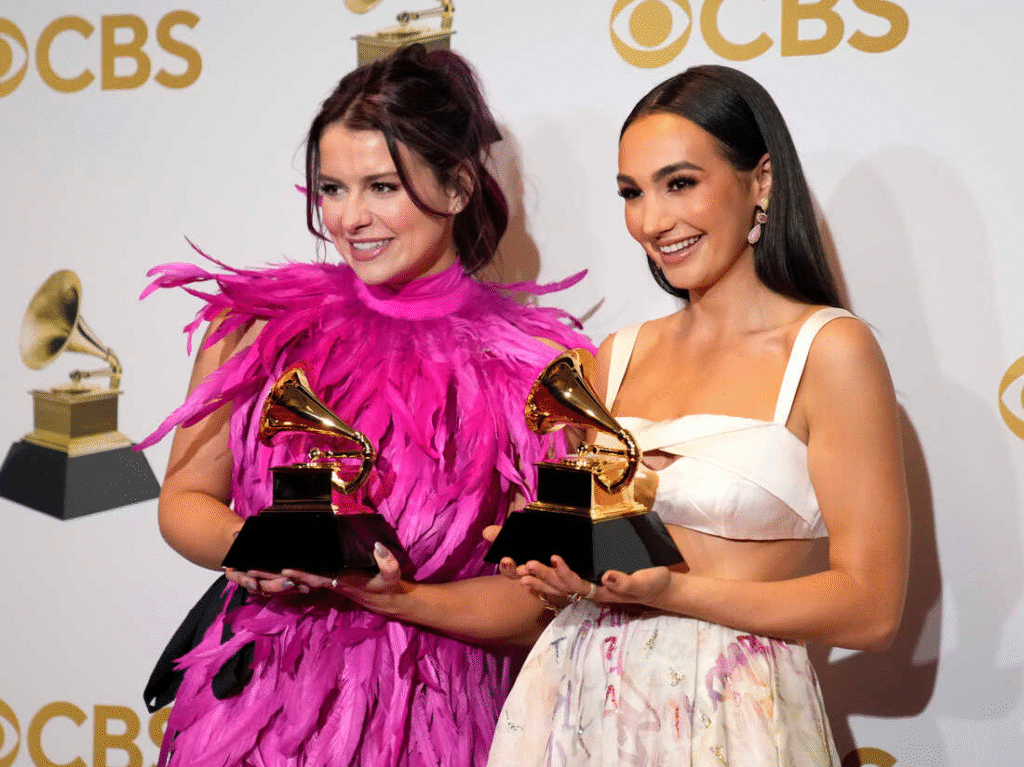
In terms of commercial fair use however one needs a solid justification.
According to the copyright act of 1976 exclusive rights are provided to a copyright holder under 17 U.S. Code § 106. This includes the exclusive right to make copies and publicly perform your copyrighted work and hence preventing outsiders from infringing on the original creation of the copyright holder.
However, under 17 U.S. Code § 101 there lies an exception in the form of derivative work. A derivative work is “based upon one or more pre-existing works, such as a translation, musical arrangement, dramatization, fictionalisation, motion picture version, sound recording, art reproduction, abridgement, condensation or any other form in which a work may be recast, transformed or adapted.”
In this case, sometimes the derivative works can be almost a similar copy of the original work with little changes.
One may take the example of a Hindi translation of an English novel which although has completely different words and lines but in its real essence is a replica of the original work. In this case, the copyright holder will retain their right of exclusivity.
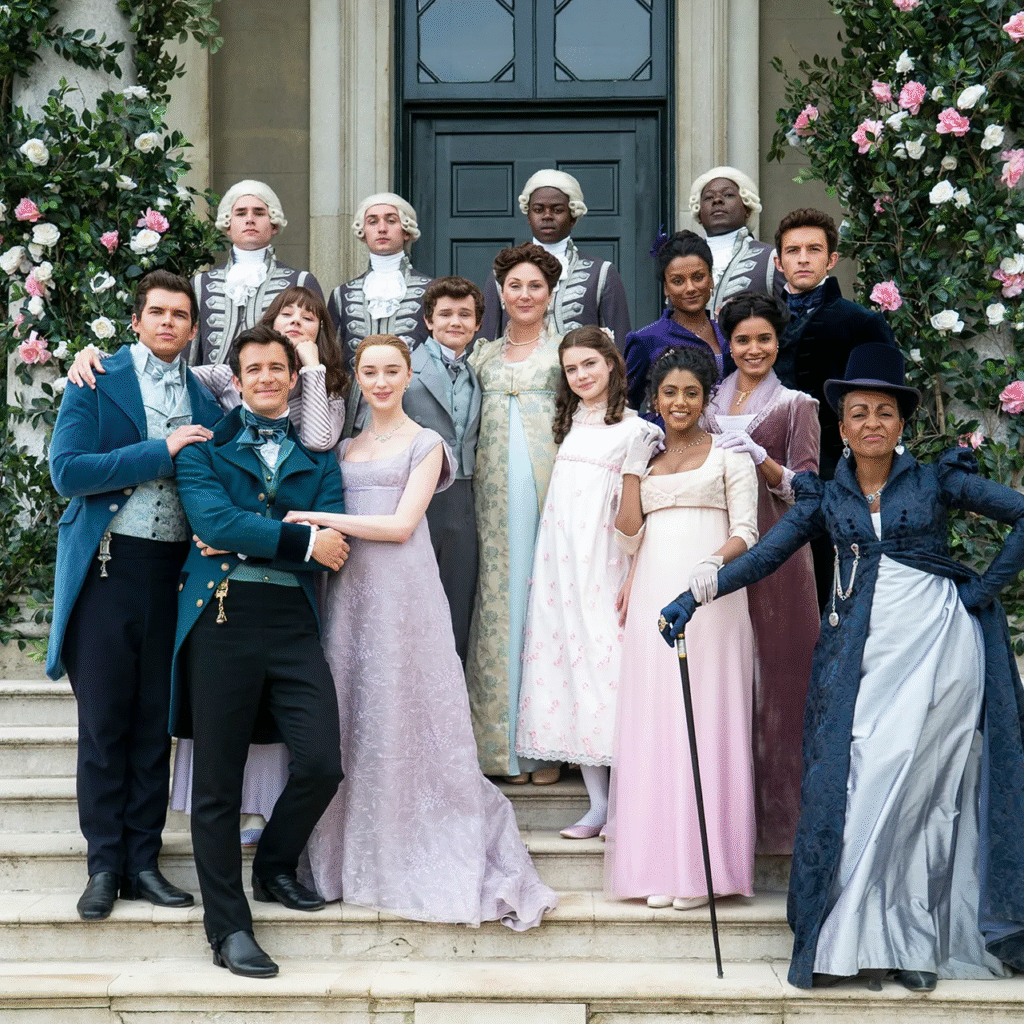
This, however, changes, when there is a change in the medium of representation, here the derivative work, is a bit more different from the original work, For example, a book is changed into a movie.
In the current scenario, one may wonder if representing the Bridgerton plot as a musical instead of a web series qualifies as a derivative work.
There have been a few US judgements in this regard which may offer some protection to Barlow & Bear from the copyright infringement suit.
One of the cases which come to attention is the case of Baker vs. Selden [101 U.S. 99 (1879)].
In this case, the plaintiff filed the complaint against the defendant regarding copyright infringement as both of them had written books on the same subject ‘the art of bookkeeping’.
The plaintiff complained that by using account books with columns in headings similar to his, the defendant had violated his copyright.
The court however dismissed the petition and ruled in favour of the defendant. It held that the copyright protection extends only to the author’s unique explanation of it and does not prevent others from using the system or the forms incidentally use. Which would mean that a creative work reexpressed in different manners would not constitute an infringement under copyright laws.

Another case which can be observed is the case of Mattel Inc. vs. MCA Records- [ 296 F. 3d 894 (9th Cir. 2002)].
In this case, the toy company filed a suit against the Danish rock and roll band Aqua, for their song “Barbie girl” which was a parody of their product “Barbie”.
The toy company was handed a loss as the court of appeals held the music company to not be in infringement of the Barbie trademark even though the song title was relevant in this case to the underlying work.
However, it could not be ignored that the song in no way suggested that it was created by the toy company. Moreover, the song was not purely commercial and hence was fully protected by the first amendment which is freedom of expression.
The use of toy companies’ doll mark in this song fell within the non-commercial use exemption to the federal trademark dilution act.
Since Barlow and Bear time and again credited Netflix to be the original creators of Bridgerton and even used the term unofficial to indicate the same. The Barbie girl case might come into defence to a certain degree given however that the music company has duly licensed “Barbie” later for commercial marketing and usage.
The case is under a lot of media attention given the status of both the parties involved. It is equally intriguing to see what the end result of this debacle might be. Suffice to say we’ll keep you updated.


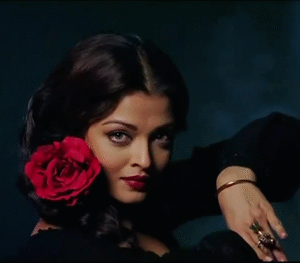
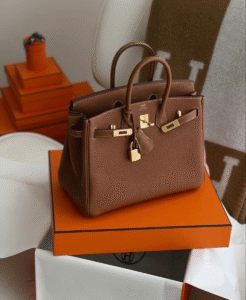
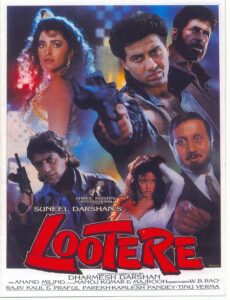
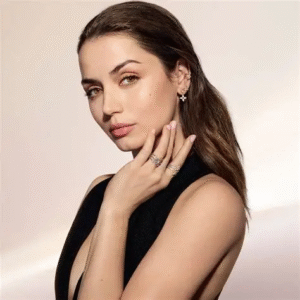

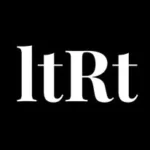
![Demna woke up and chose violence!!!
Gucci Milan Fashion Week Fall 2026, Demna’s debut Runway ✨🙇🏻♀️💋
[Demna, Gucci, Milan Fashion Week, Runway, Fashion, Italy, Let The Raven Talk]](https://lettheraventalk.com/wp-content/plugins/instagram-feed/img/placeholder.png)
